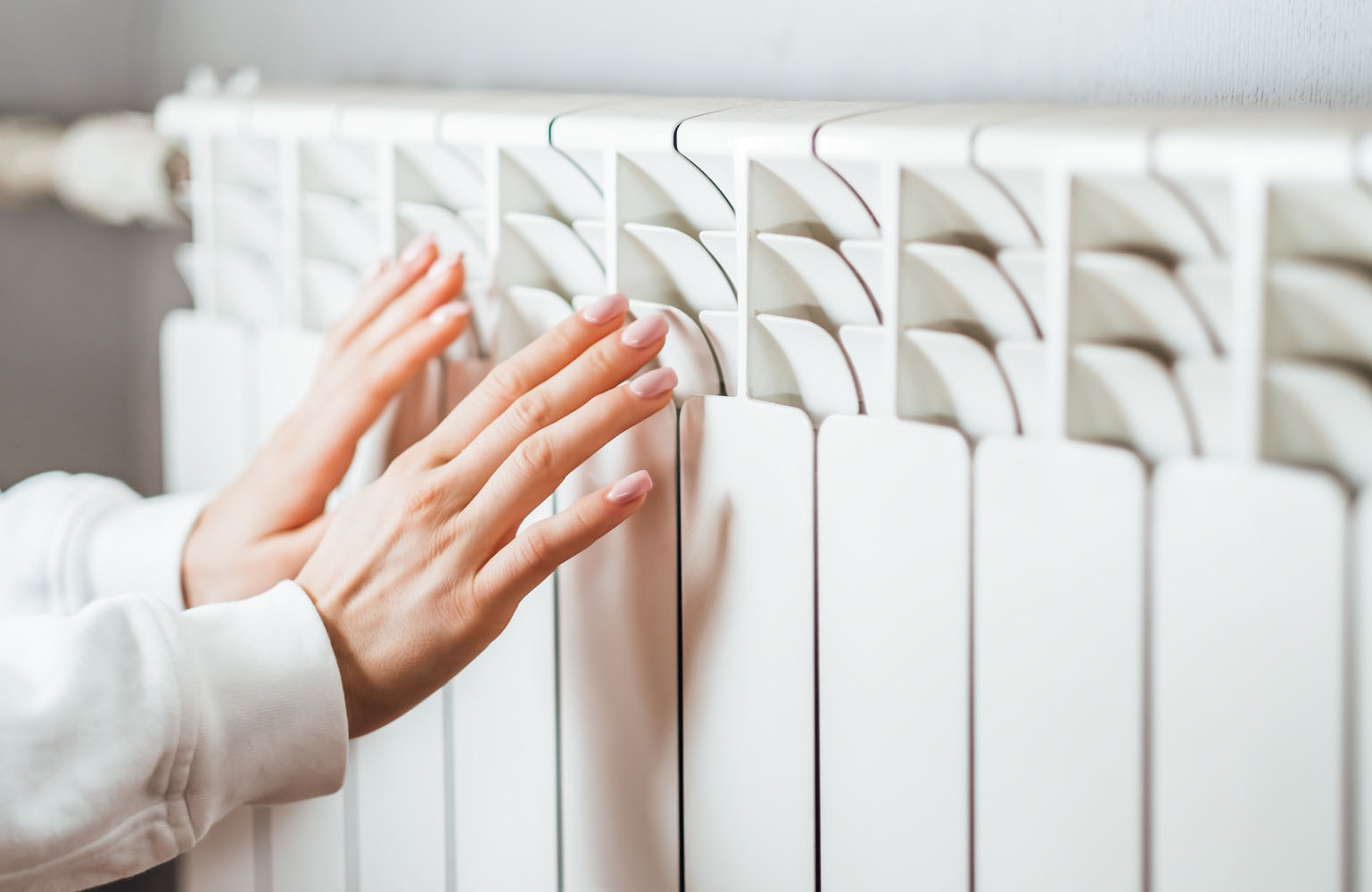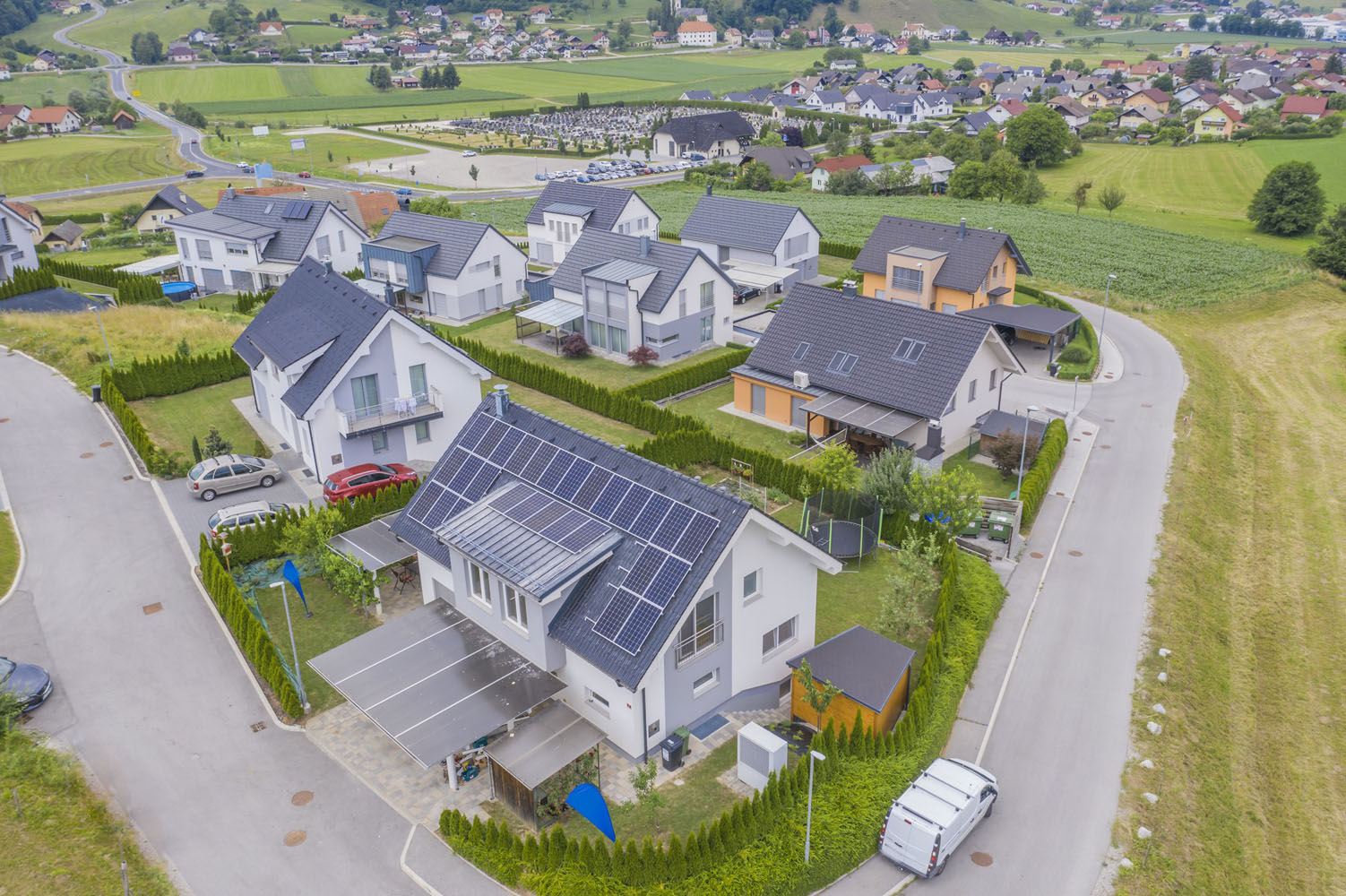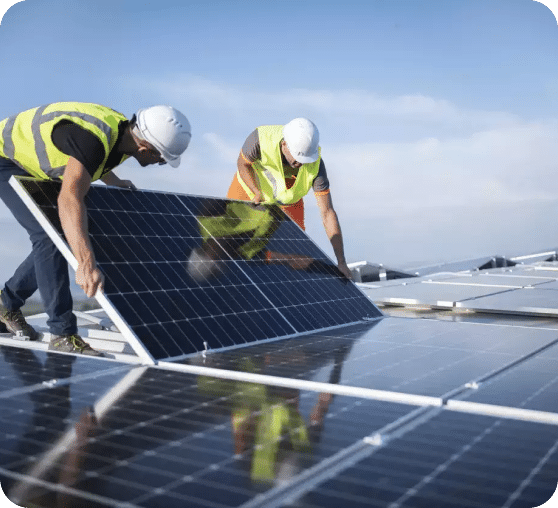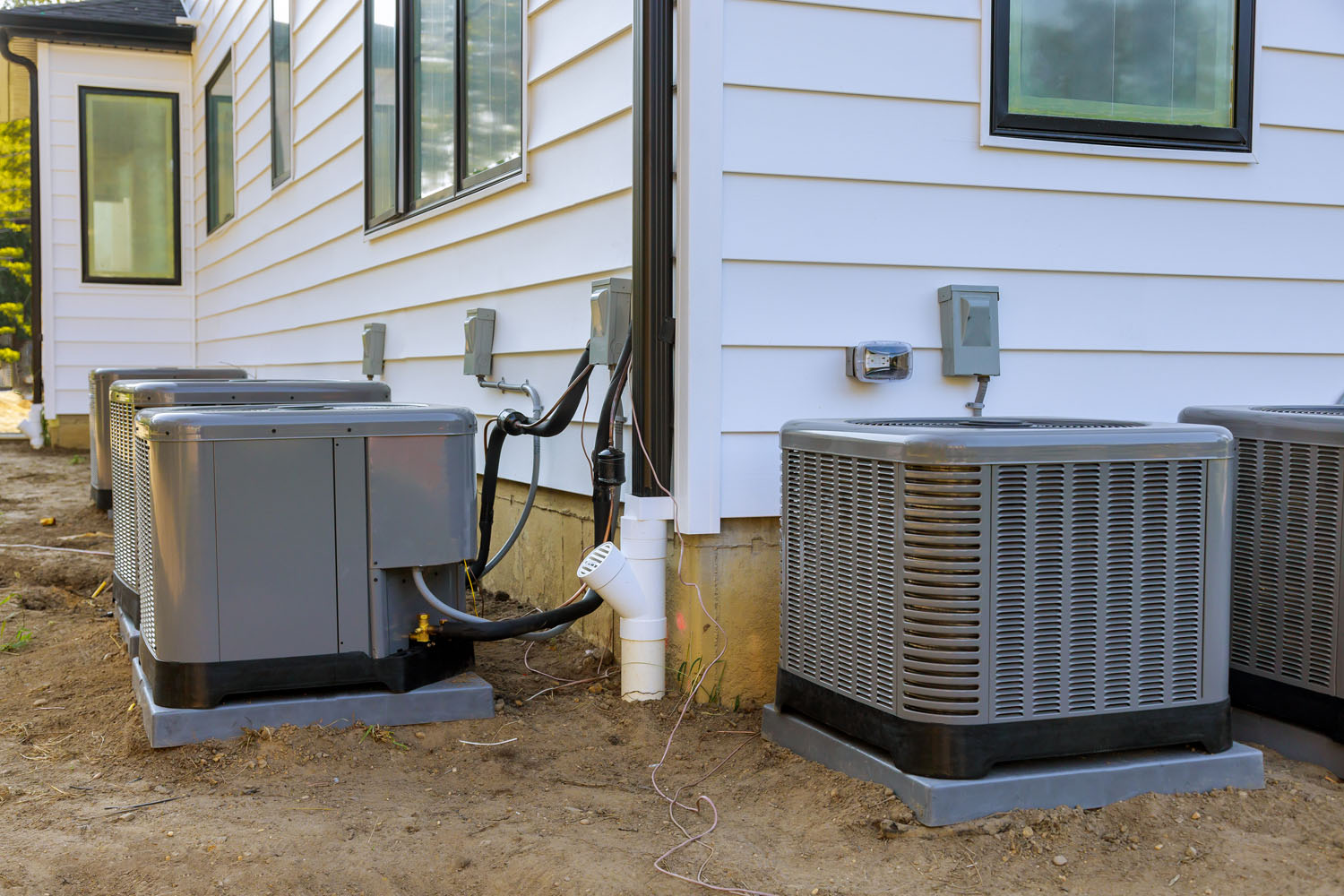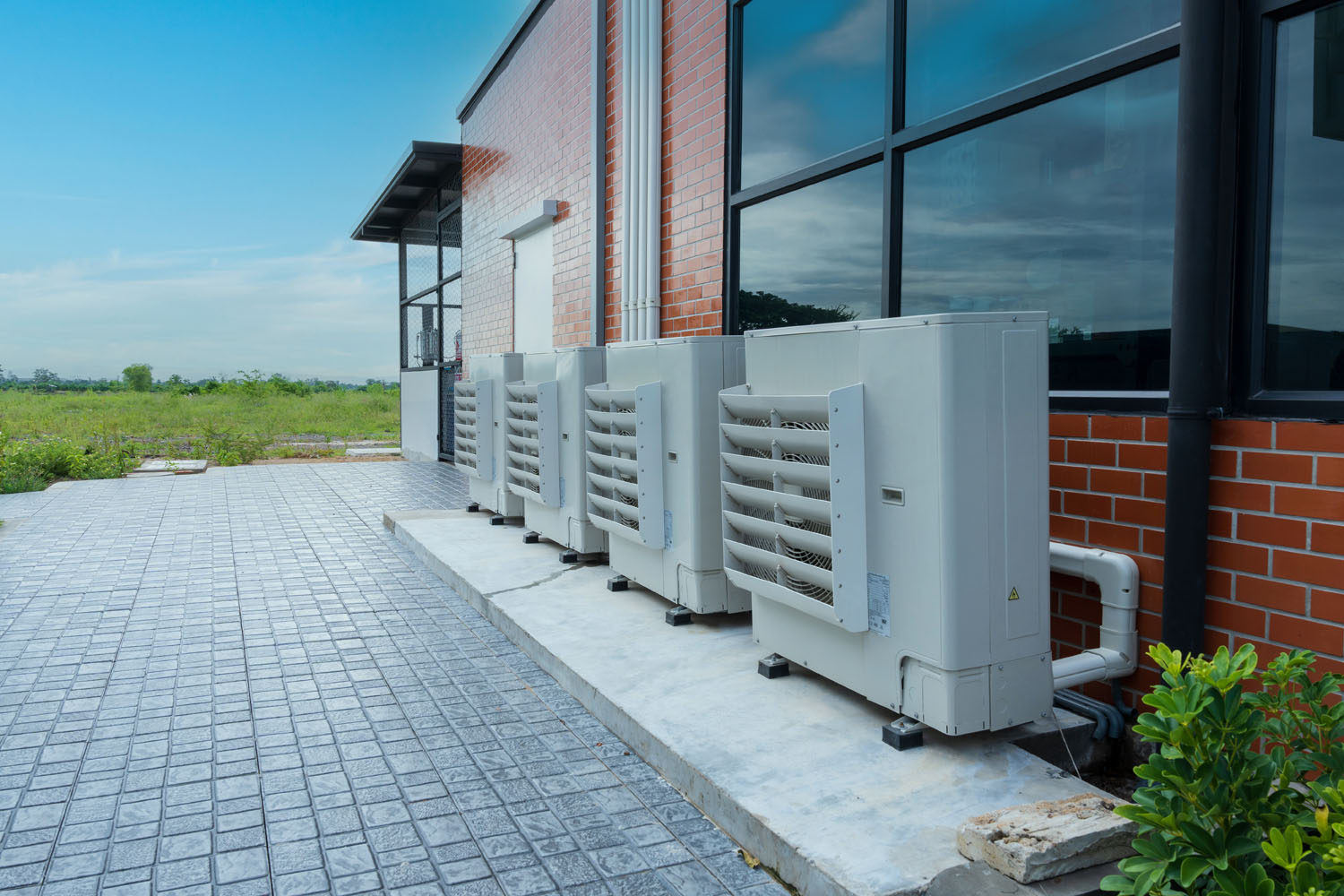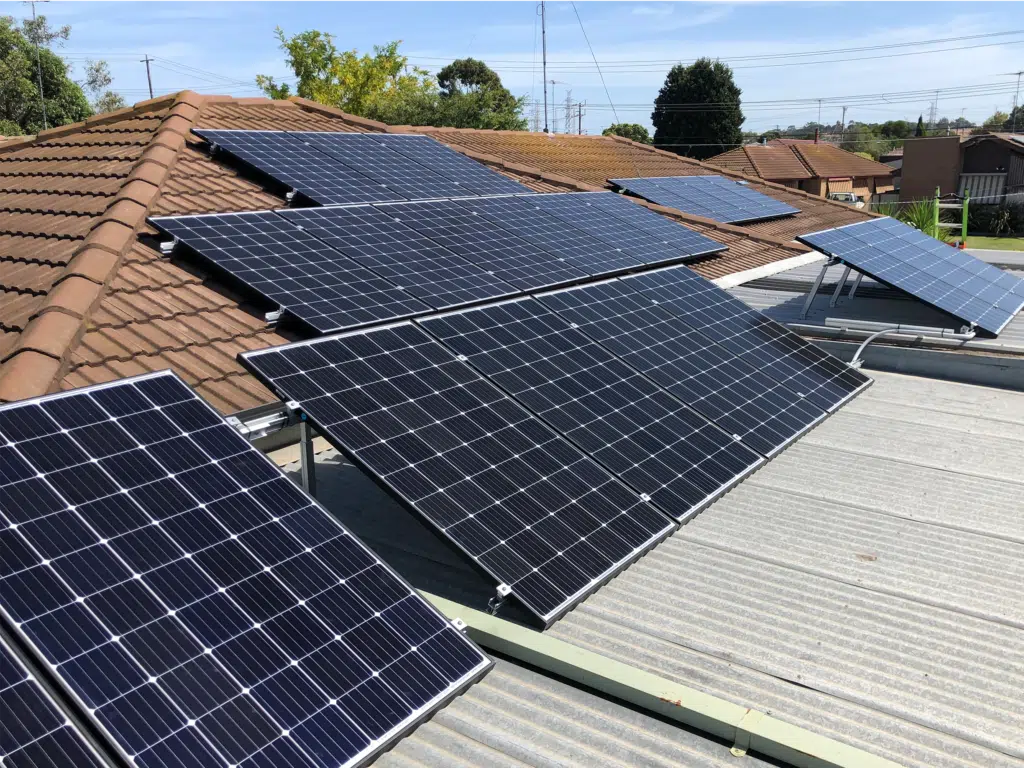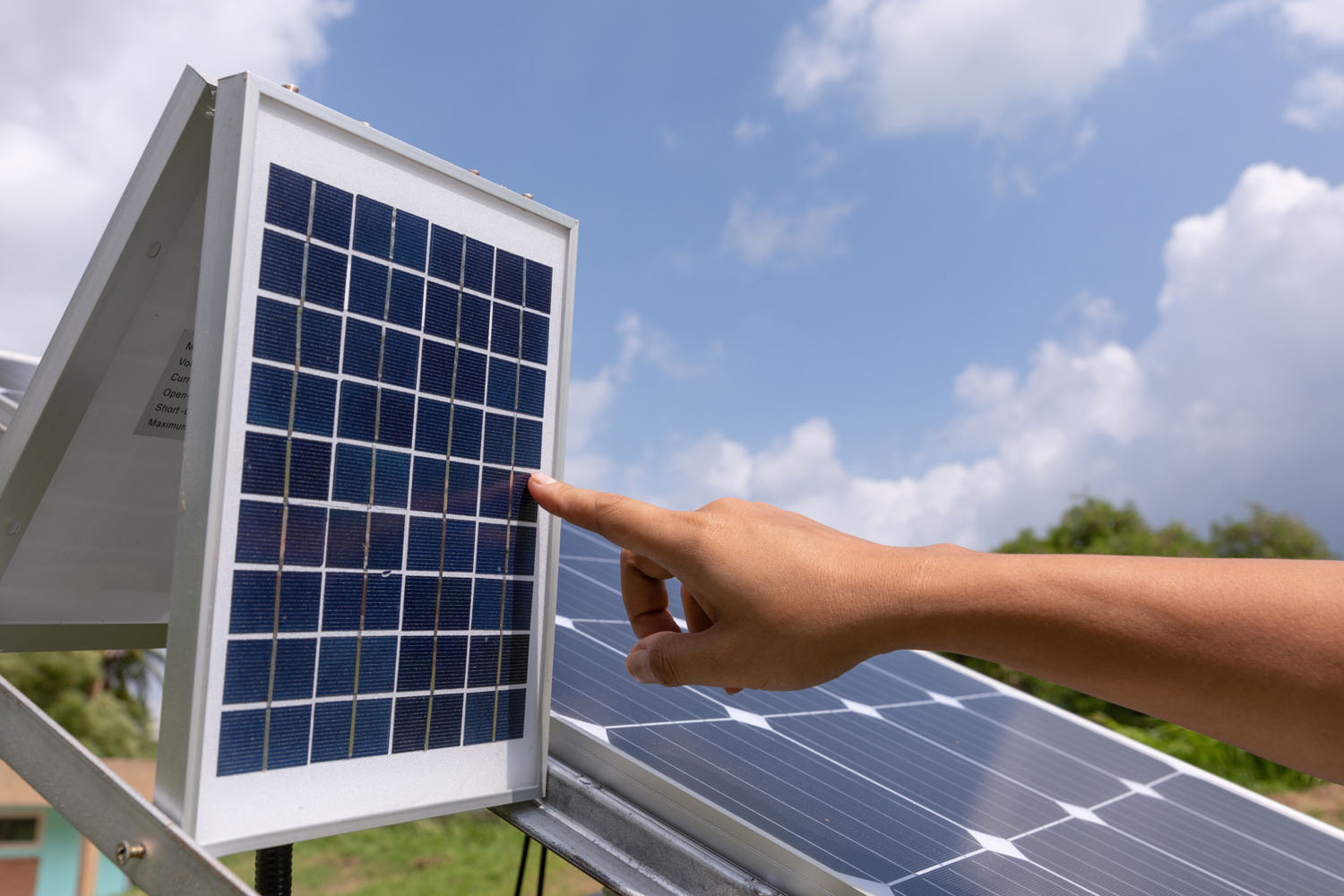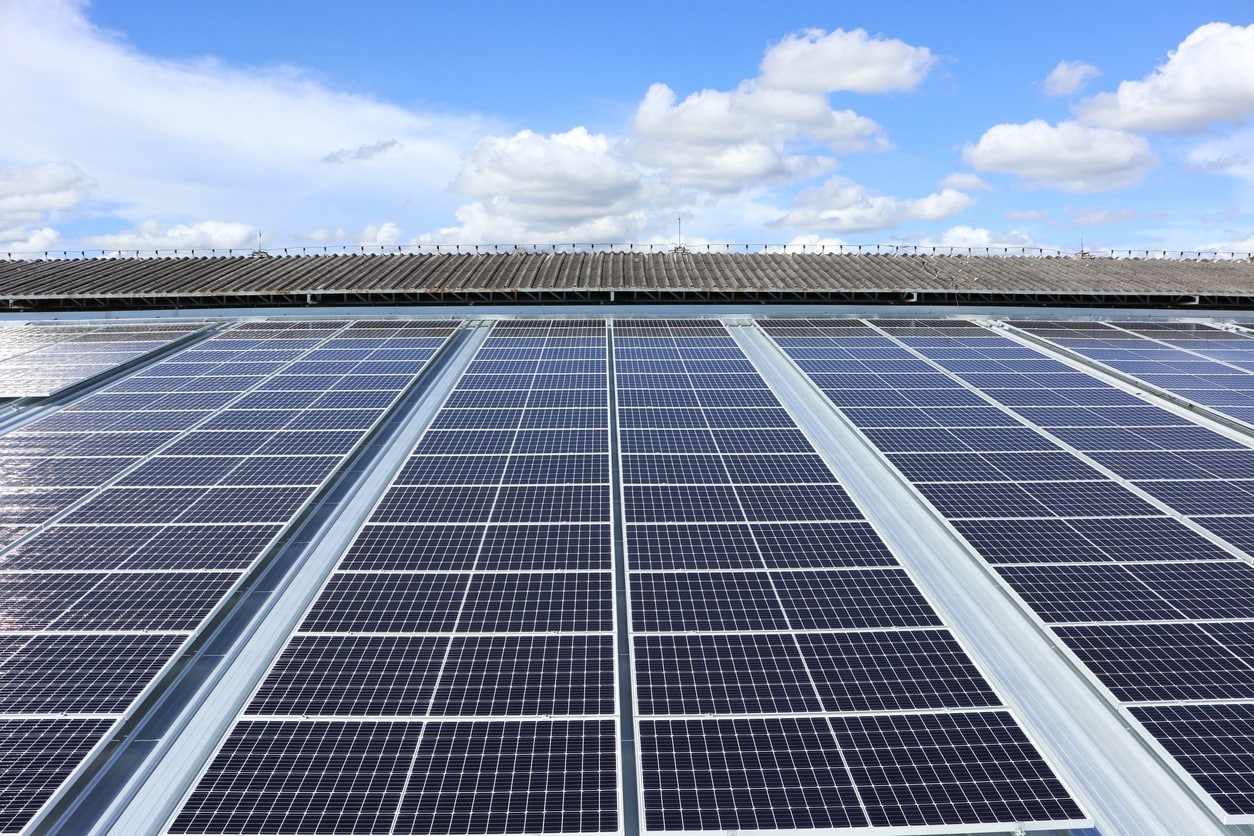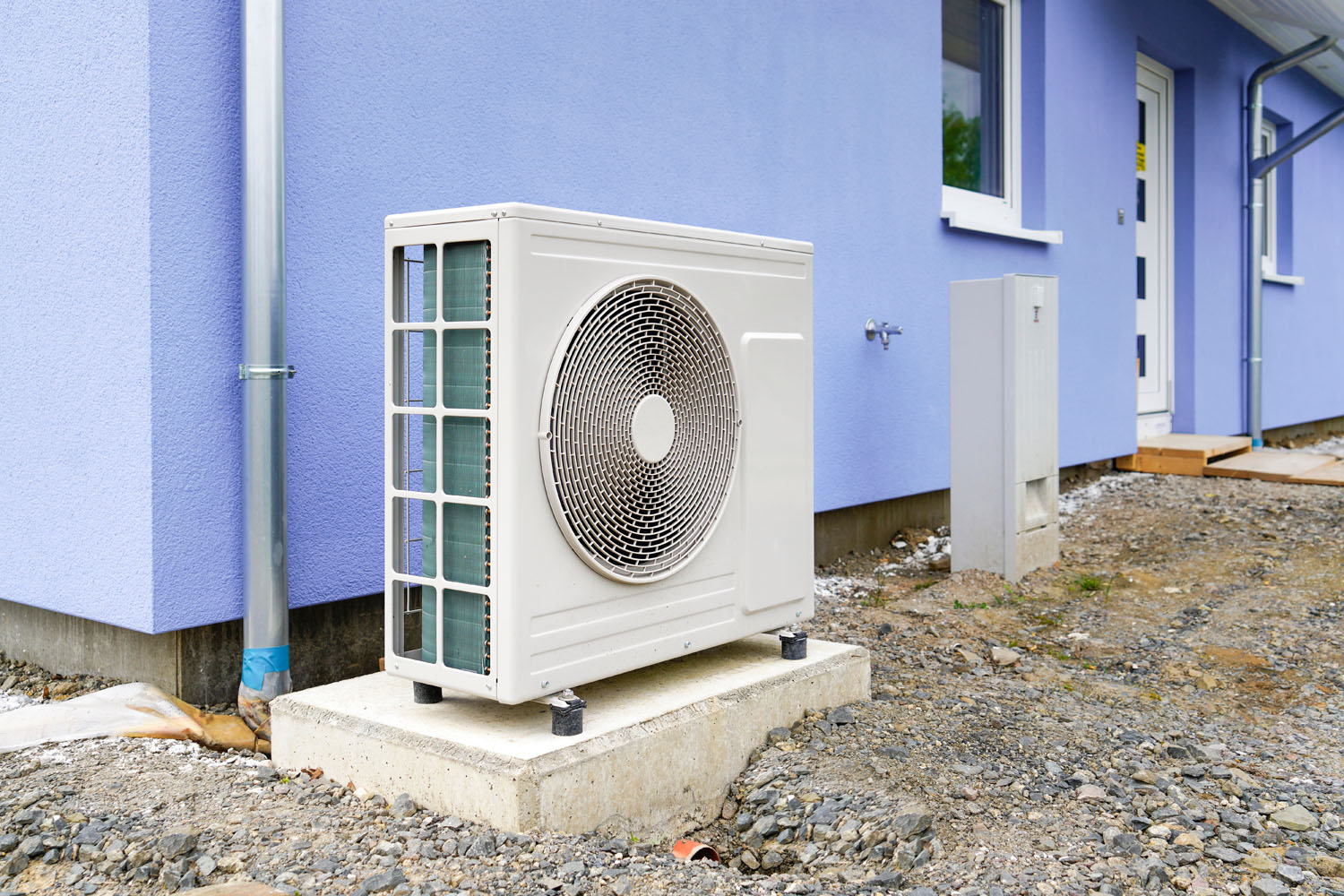As concerns about climate change grow, many homeowners are considering the environmental impact of their heating and cooling systems. Both gas and electric systems have different effects on the environment, with electric systems generally being the more eco-friendly choice. 1. Gas Systems and Fossil Fuels Gas systems rely on natural...
Learn MoreFor homeowners deciding between gas and electric heating, efficiency is often the biggest concern. Both systems have their advantages, but electric heating—especially in the form of heat pumps—often proves to...
Learn MoreNavigating government rebates can be confusing, and many homeowners have questions about how the process works. Here are some of the most frequently asked questions about government energy rebates in...
Learn MoreIf you're upgrading your home's energy systems, taking full advantage of government rebates can make a significant difference to the overall cost. Here are some strategies to help you maximise...
Learn MoreUnderstanding the Victorian Energy Upgrades Program for Residents The Victorian Energy Upgrades (VEU) Program is a key initiative designed to help homeowners reduce their energy consumption and save on electricity...
Learn MoreNavigating government schemes and rebates can be a bit overwhelming, but they are designed to make energy-efficient home upgrades more affordable. Whether you're interested in installing solar panels, upgrading to...
Learn MoreFor homeowners weighing the decision between gas and electric systems, cost is a critical factor. Both types of systems come with their own set of upfront and ongoing costs, and...
Learn MoreWhen deciding between gas and electric systems for your home, the environmental impact is one of the most important factors to consider. Each system has a different effect on greenhouse...
Learn MoreAs homeowners look to upgrade their heating systems, one of the biggest questions they face is whether to choose gas or electric. Both systems have their pros and cons, and...
Learn MoreGovernment rebates for energy-efficient home upgrades are an excellent way to reduce costs and make your home more sustainable, but the process can often be confusing. In this article, we...
Learn MoreGovernment rebates and incentives make energy-efficient upgrades more affordable for homeowners, but how do you ensure you're getting the most out of these programs? Whether you're considering solar panels, a...
Learn MoreThe Victorian Energy Upgrades (VEU) Program is one of the state's most impactful initiatives aimed at reducing energy consumption and lowering greenhouse gas emissions. This program offers financial incentives to...
Learn MoreReducing your home's energy consumption doesn't just lower your electricity bills—it's also one of the most effective ways to reduce your environmental impact. Fortunately, there are plenty of simple, actionable...
Learn More


